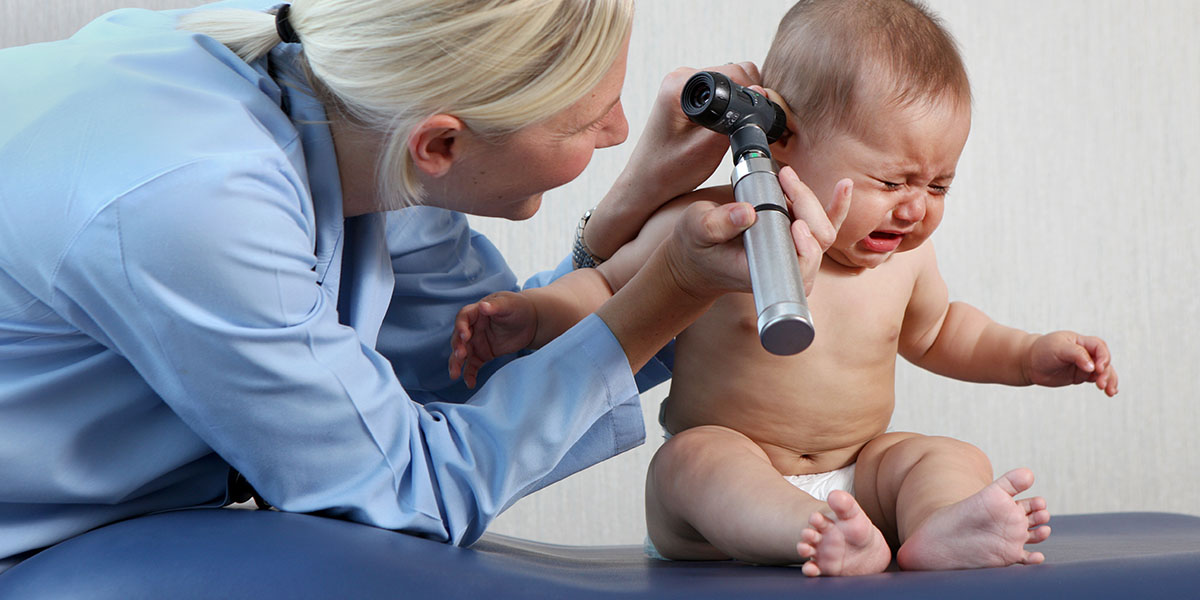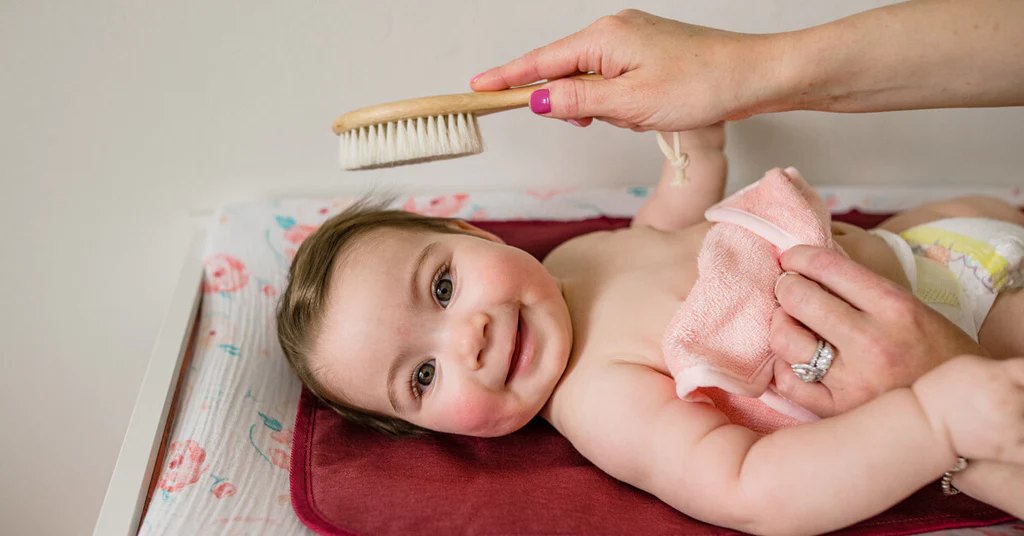Congratulations on your new baby! Now that you’re out of the maternity hospital, your focus will be shifted toward caring for your little angel.
Whether you’re a first-time parent or someone with two children, it’s normal to feel overwhelmed about the health of a newborn. Babies are vulnerable in many ways. Taking care of them requires knowledge about the health risks they are more likely to be exposed to.
To help with this, below are the ten most common medical issues you need to watch out for when caring for your new child:
1. Fever
Fever is a part of the overall response from the immune system. It is characterized by a temporary rise in body temperature and usually indicates that the body is defending itself from infection.
However, a persistent high fever over 38 degrees Celsius (101 degrees Fahrenheit) can be dangerous for babies if left untreated. In some cases, it could lead to seizures and even brain damage. In case of a high fever, bring your newborn to the doctor immediately.
2. Cold and Flu
A baby with a cold or flu (short for “influenza”) usually has a runny or stuffy nose and sore throat.
Both illnesses affect many infants while they adjust to the environment outside the womb. But even though colds and flu appear insignificant, they must not be taken lightly because they can lead to pneumonia and other severe conditions.
3. Diarrhoea and Constipation
Babies taking antibiotics or those with infections tend to experience diarrhoea characterized by loose and watery bowels. If this happens to your newborn, be sure to keep the little one hydrated with oral saline and water.
It is also important for parents to monitor a newborn’s stool, as any change in color and texture could signify a medical condition. To know what’s normal and what’s not, it’s best to talk to a pediatrician.
Besides diarrhea, constipation is also quite common in babies, though it only usually emerges when they start eating solid foods and normally get resolved after several days. But if your child is constipated for over three days, talk to a doctor. The same goes for two-week constipation accompanied by fever.
4. Vomiting
Babies often spit up milk when they feed. This is perfectly normal. What’s not normal is a greenish color in the vomit. It’s also not okay for a baby to vomit continuously, especially since infants quickly get dehydrated. Seek medical help immediately.
Sometimes, babies are lactose and breast milk intolerant and require medical support and monitoring. Frequent milk spit-up and vomiting can also be due to an underlying digestive issue or infection.
5. Anaemia
Anaemia is a medical condition where the red blood cell count in the body is less than normal. Red blood cells contain hemoglobin that carries oxygen throughout the body. This means that an anemic infant experiences the effects of low oxygen in their blood.
Anaemia is a condition that can be passed on from a mother to her baby. If left untreated, anaemia could be fatal for the little ones.
Below are some signs you can watch out for to see if your baby is anemic:
- Pale skin
- Low energy
- Poor feeding or gets tired easily when feeding
- Rapid heart rate and breathing when resting
Take note that many anemic babies don’t have symptoms, so it’s best not to skip your child’s regular check-up with the pediatrician.
6. Colic
Babies who cry continuously without apparent reason (especially during evenings) may have colic, a prevalent but mysterious condition without any known cause. Many theories point out different possible reasons behind infant colic, including the following:
- Gas
- Hormones causing stomach pain
- Overstimulation by sound or light
- Growing digestive system
Full-term infants experience colic at around two weeks from birth. Upon reaching the third month, the condition usually subsides on its own.
If it persists after the given period, it could be caused by an underlying condition, such as milk formula intolerance. To be sure, talk to your child’s pediatrician for an accurate diagnosis.
7. Jaundice
Infants with jaundice have yellowish skin pigmentation due to high bilirubin, an orange-yellow compound produced during the normal red blood cell breakdown. Jaundice is common because a baby’s liver is not mature enough to remove excess bilirubin from the blood. However, it usually resolves within two to three weeks from birth.
If it doesn’t improve after three weeks, there could be an issue that needs to be checked by your baby’s pediatrician.
8. Ear infections
You’ll know if your baby has an ear infection through the following signs:
- Increased fussiness
- Tugging at the infected ear
- Fever
If the infection is viral, it normally subsides after a few days. However, bacterial infections persist longer. This can also lead to loss of hearing and may require antibiotic treatment.
9. Oral thrush
Also called oral candidiasis, oral thrush happens when the baby’s mouth has been infected by a bacteria known as candida.
This oral yeast infection causes white lesions on the inner cheeks or tongue. If you see the symptoms, have your child’s doctor check if it’s severe enough to require anti-fungal medication.
10. Cradle cap
Cradle cap causes crusty, scaly, or oily patches on your baby’s scalp. Although it isn’t painful or itchy, it can lead to thick yellowish or white scales that cannot be removed easily.
What causes the cradle cap remains a mystery. However, experts believe that hormones passed on from the baby’s mother may contribute to excessive oil (sebum) production in the hair follicles and oil glands.
Another possible contributor is a yeast known as Malassezia, which grows in the sebum with bacteria.
Cradle cap should clear up within a few months with basic home care, which includes daily washing of your baby’s scalp with a mild shampoo.
Never scratch the cradle cap. If it persists longer or seems more severe, ask your doctor about using a medicated lotion, shampoo, or a different treatment.
Keep Your Baby Healthy
Keeping a newborn baby healthy is every parent’s priority. If you want to keep your baby as fit as a fiddle, make sure you understand the common medical issues the little ones may experience as they grow.
Enhance your knowledge about infant care using this article and guidance from pediatric and fetal medicine experts to ensure your child’s wellbeing.














